10 Lean Proteins You Should Be Eating
10 Lean Proteins You Should Be Eating
Lean proteins are a key player in a balanced diet. They're not just a source of energy but a foundation for building a stronger, leaner you. With their unmatched ability to fuel muscle growth, aid in weight management, and support overall wellness, lean proteins deserve a starring role on your plate.
Join us as we dive into the world of lean proteins, uncovering the best sources and exploring how they can transform your eating habits for the better.
What Makes Protein "Lean"?
Lean proteins are essentially the cleaner, lighter version of their fatty counterparts. What sets them apart? It's their minimal fat content, especially the low levels of saturated fat, making them a prime choice for anyone looking to keep their meals healthy without skimping on the essentials.
Why Should You Focus on Lean Proteins?
Opting for lean proteins comes with a host of benefits that align perfectly with a mindful eating approach:
- Supports Weight Management: Lean proteins help regulate your appetite, keeping those hunger pangs at bay and supporting your weight management efforts without feeling deprived.
- Aids in Muscle Maintenance: For fitness enthusiasts, these proteins are crucial for repairing and building muscle, giving you the strength and endurance you need for your workouts.
- Supports Heart Health: With lower levels of saturated fat, lean proteins are kinder to your heart, helping manage cholesterol levels and supporting overall heart health.
Incorporating lean proteins is more than a dietary tweak—it’s a step toward a healthier, more balanced lifestyle, one plate at a time.
10 Lean Proteins You Should Be Eating
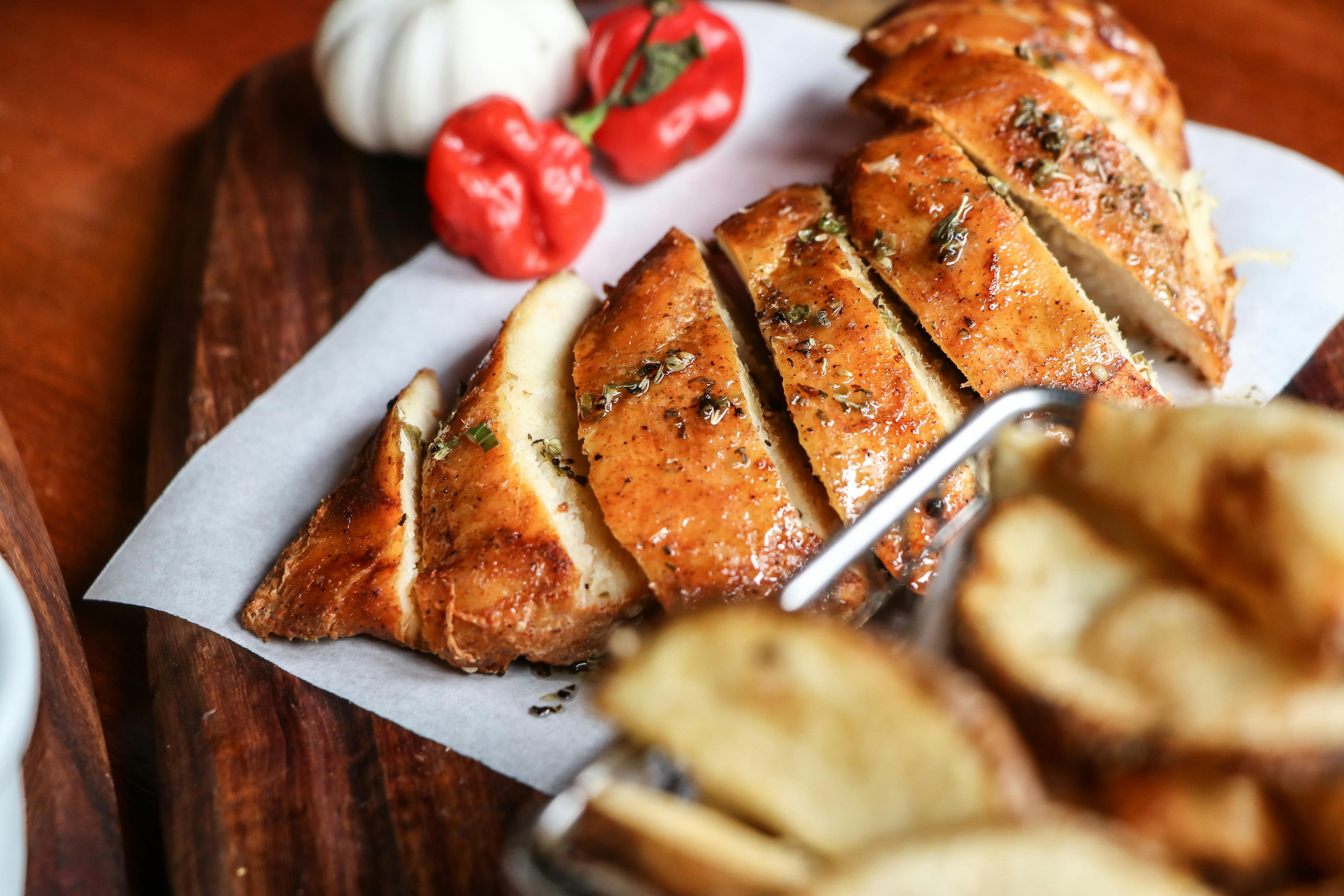
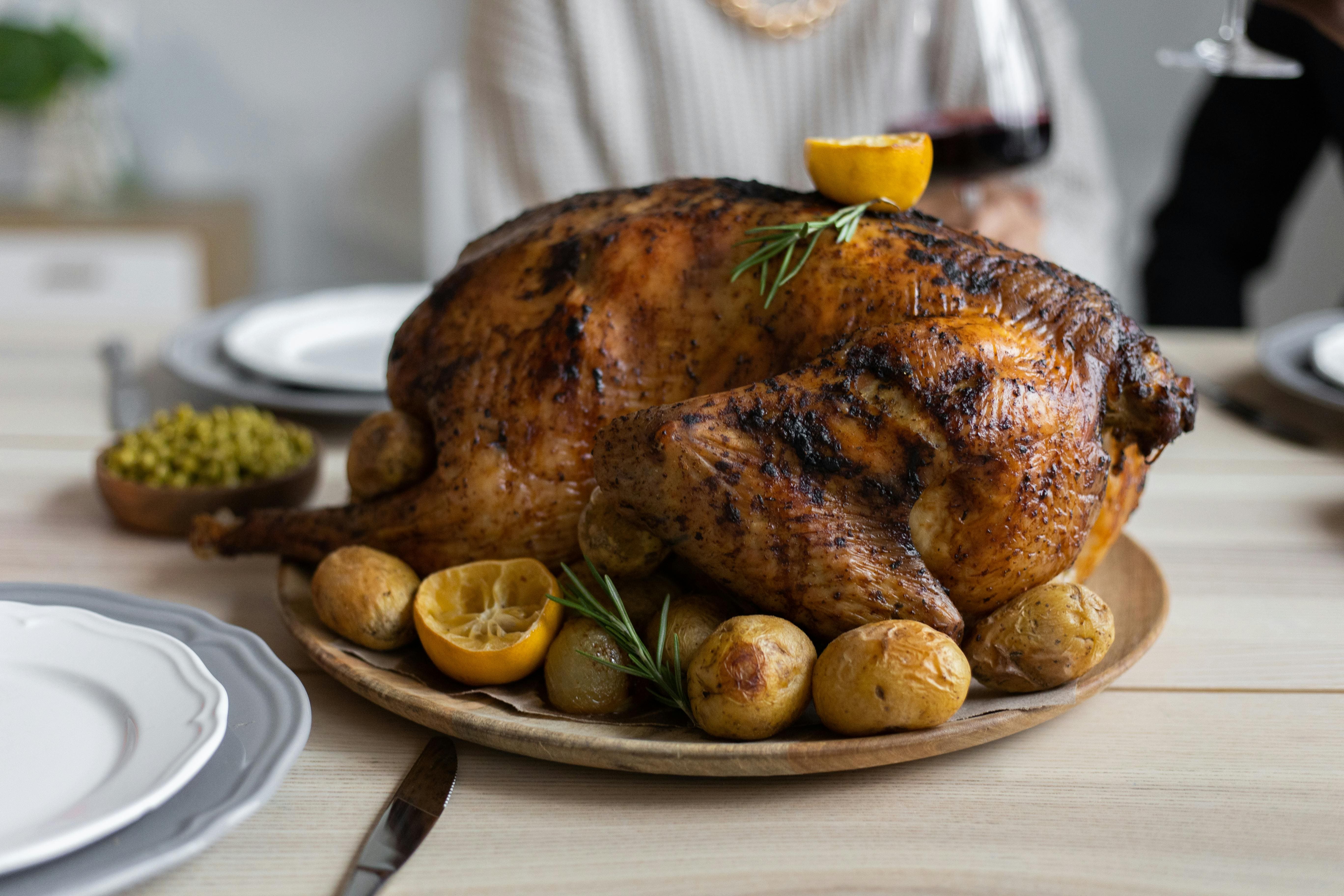
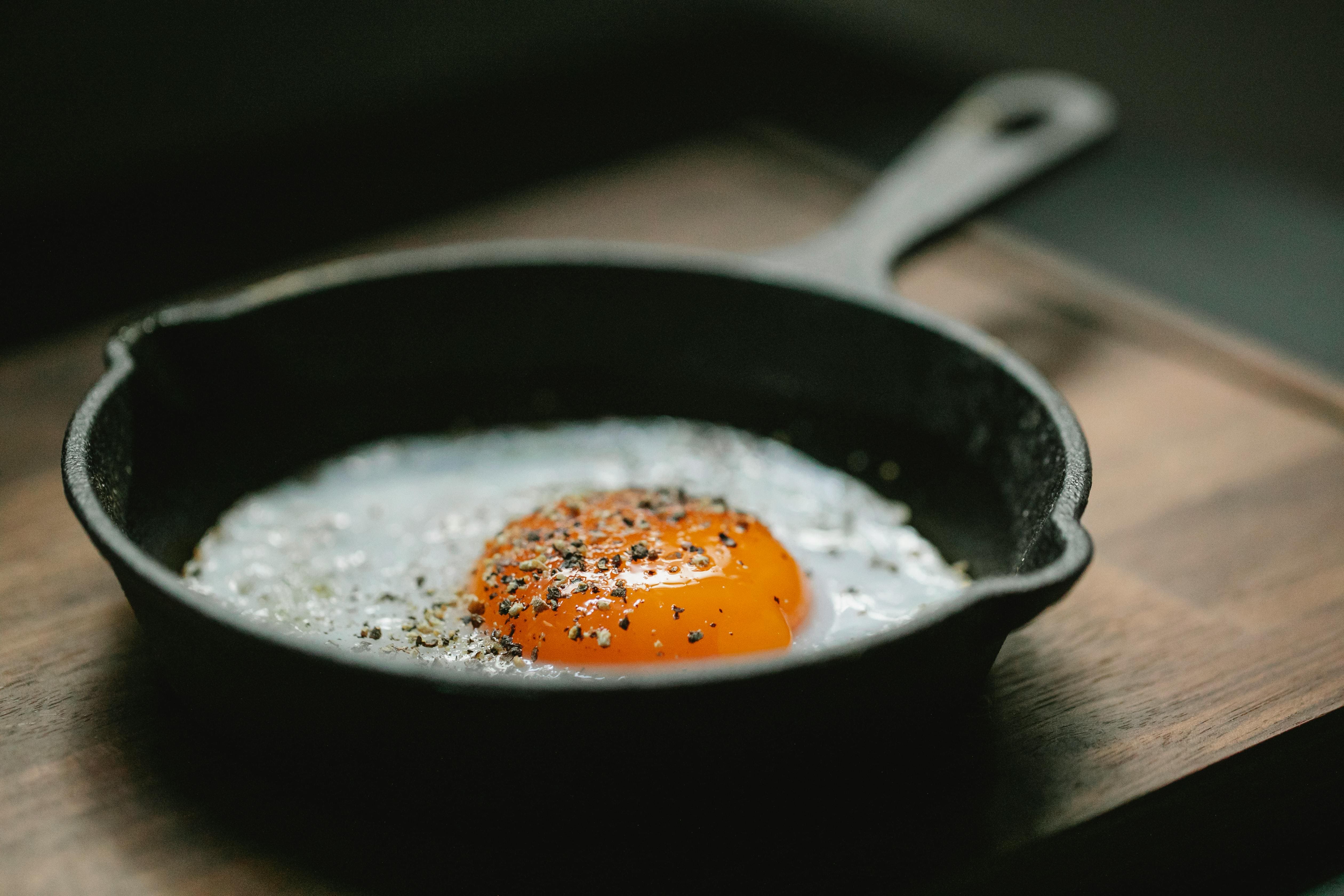
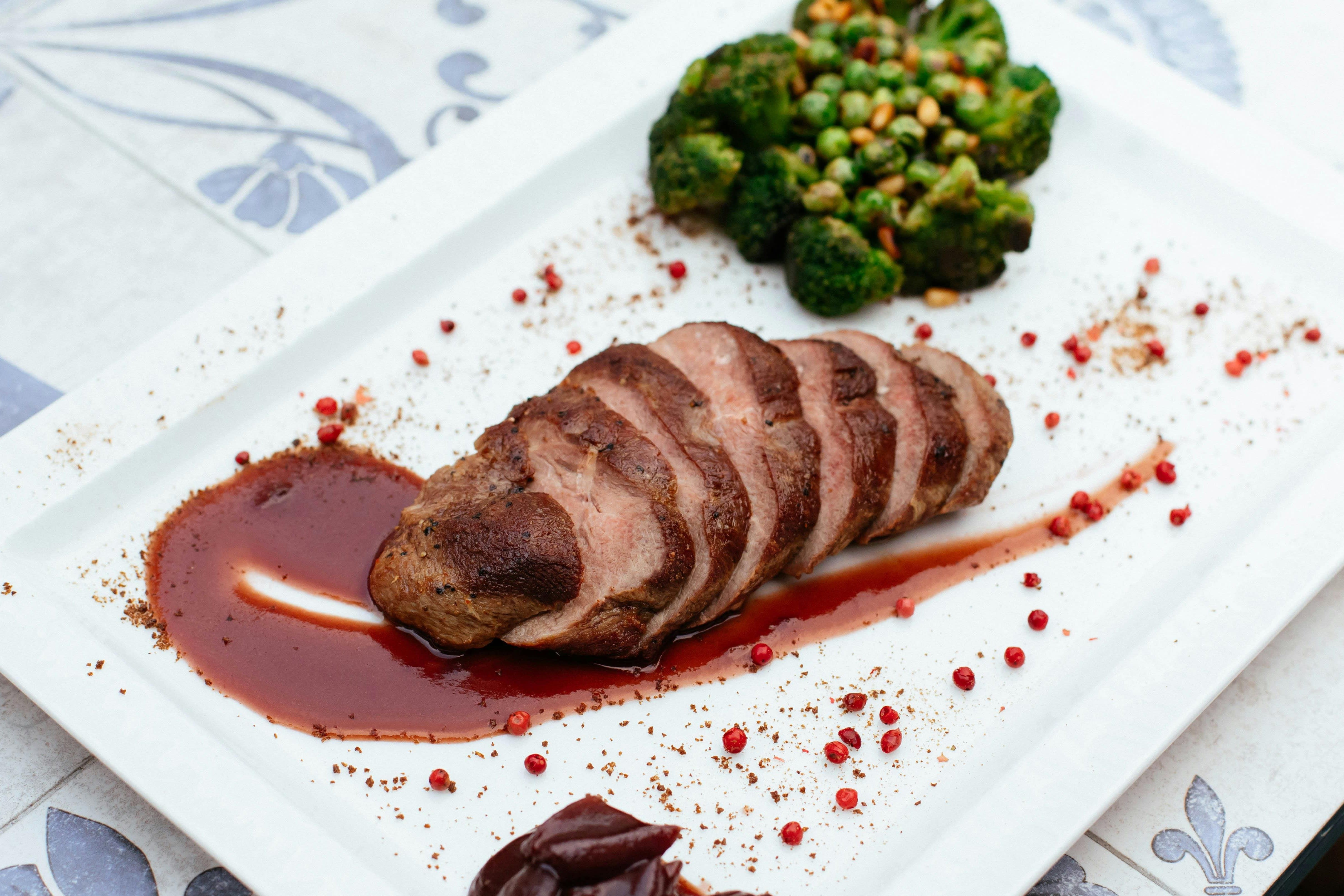
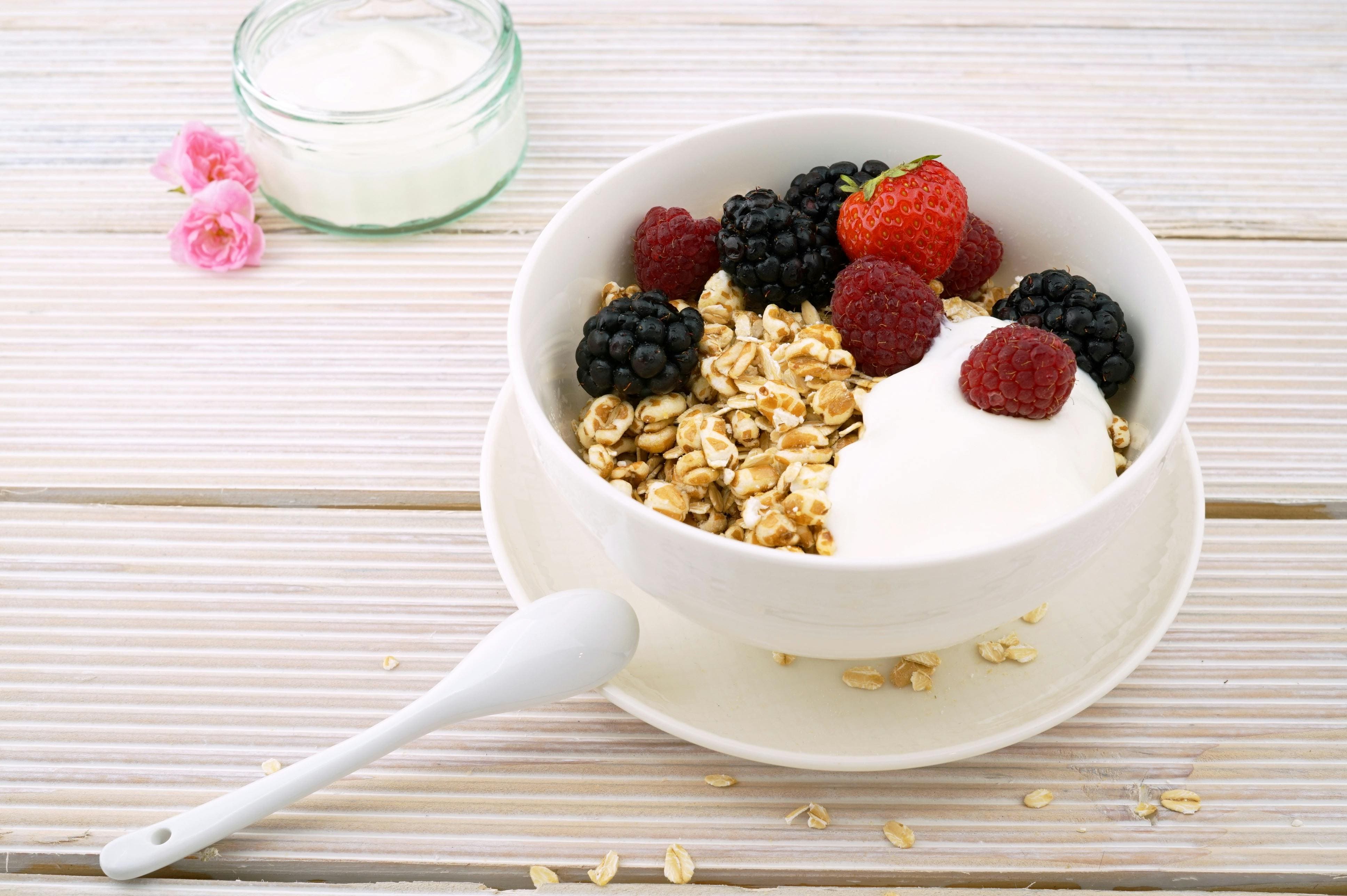
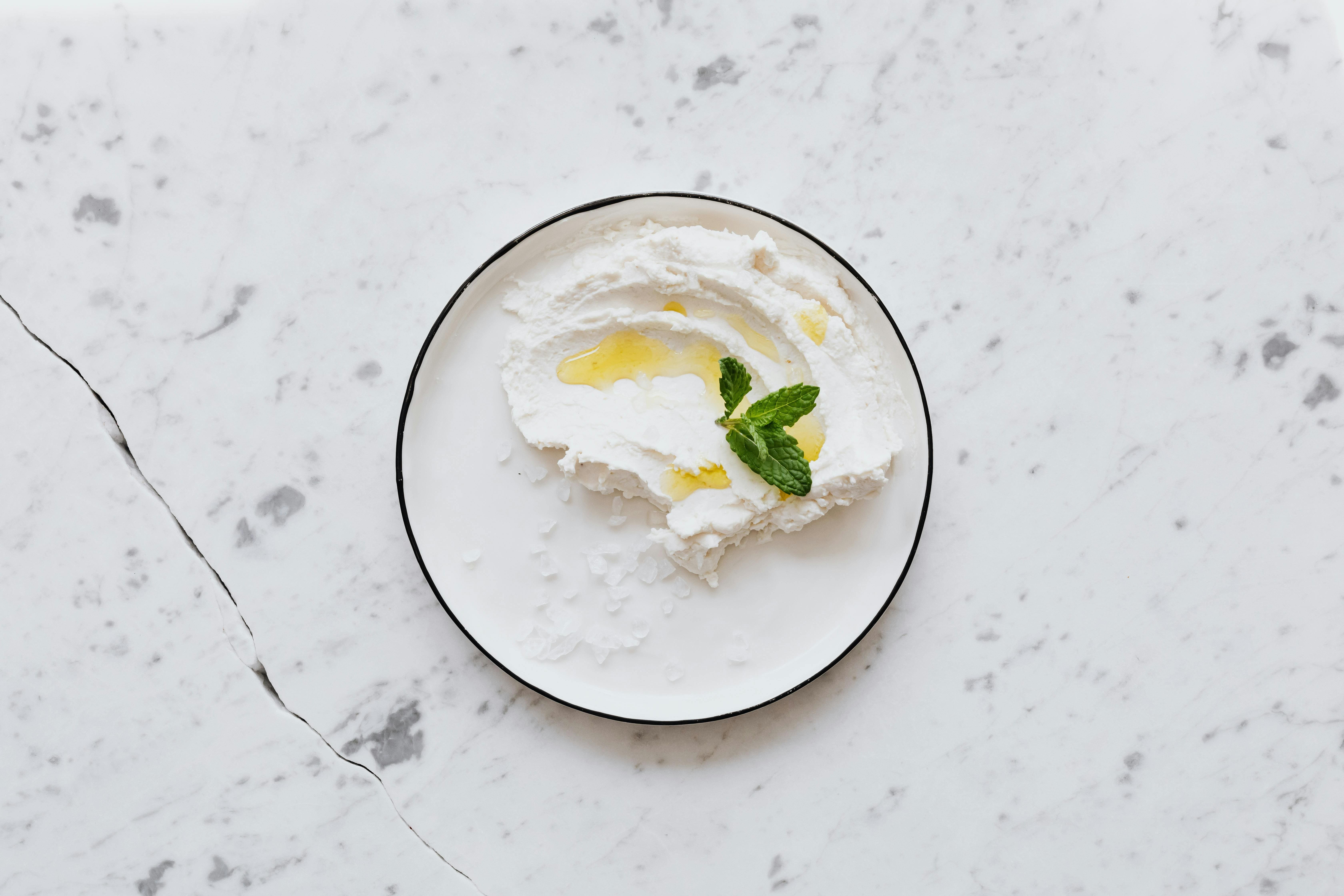
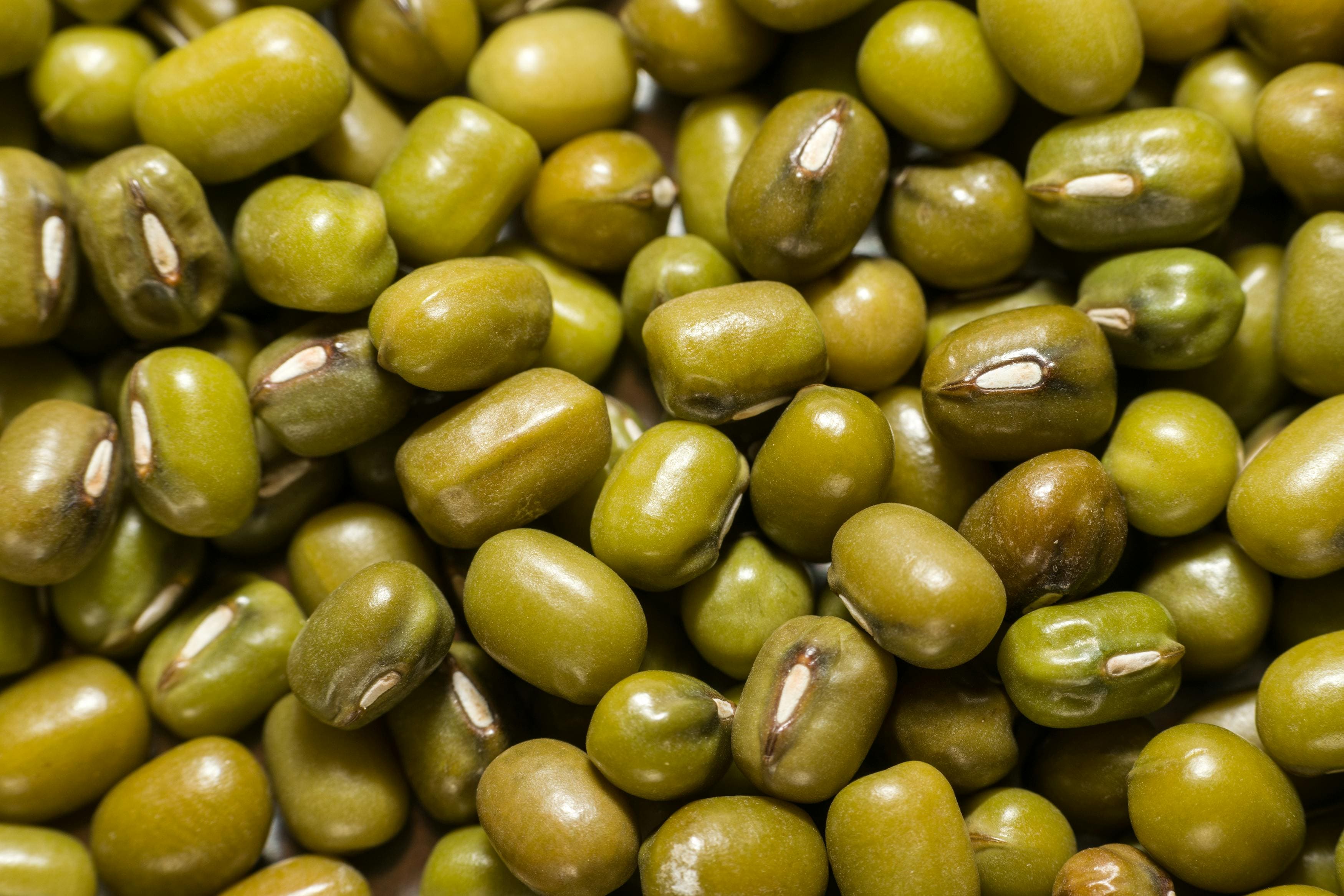
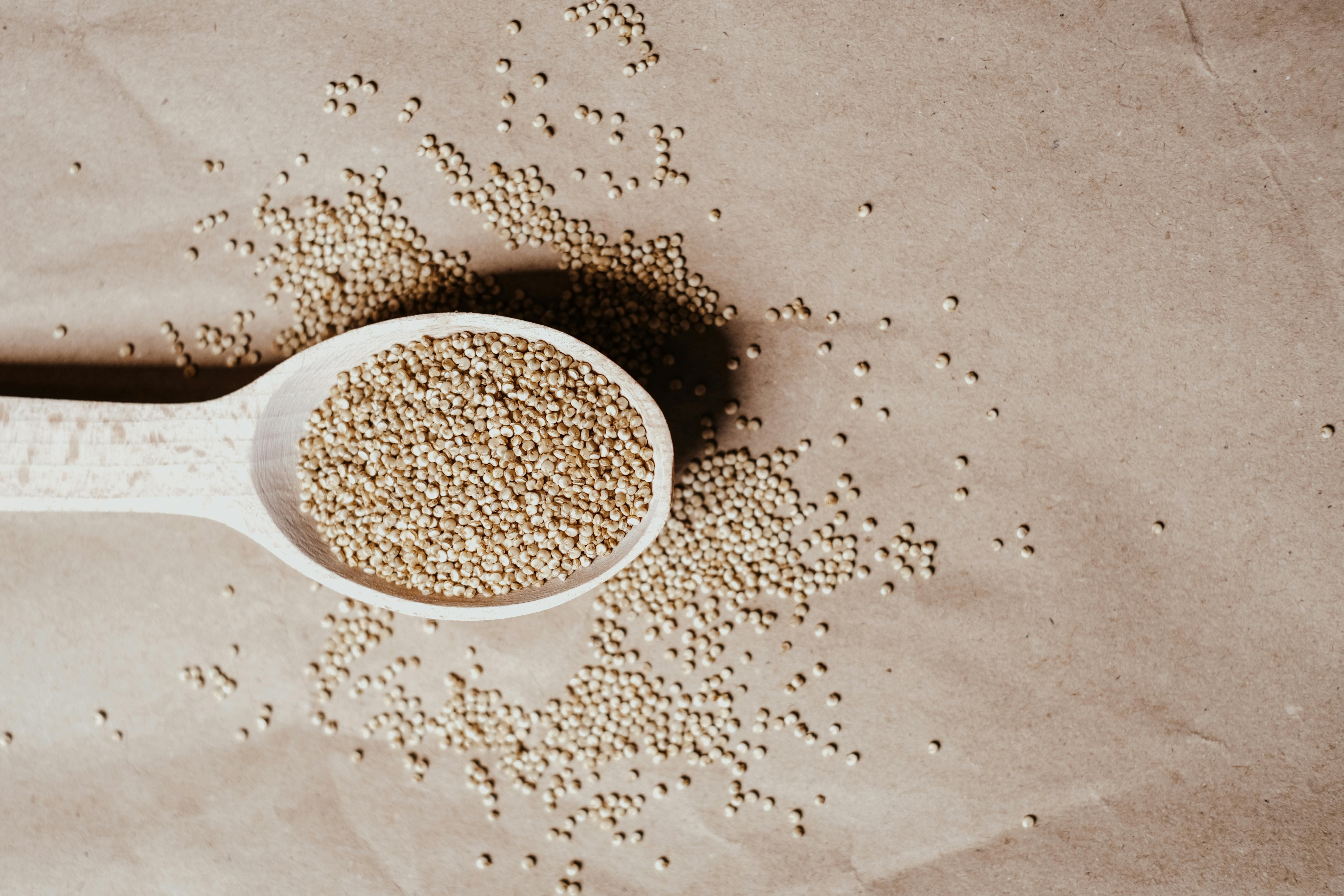
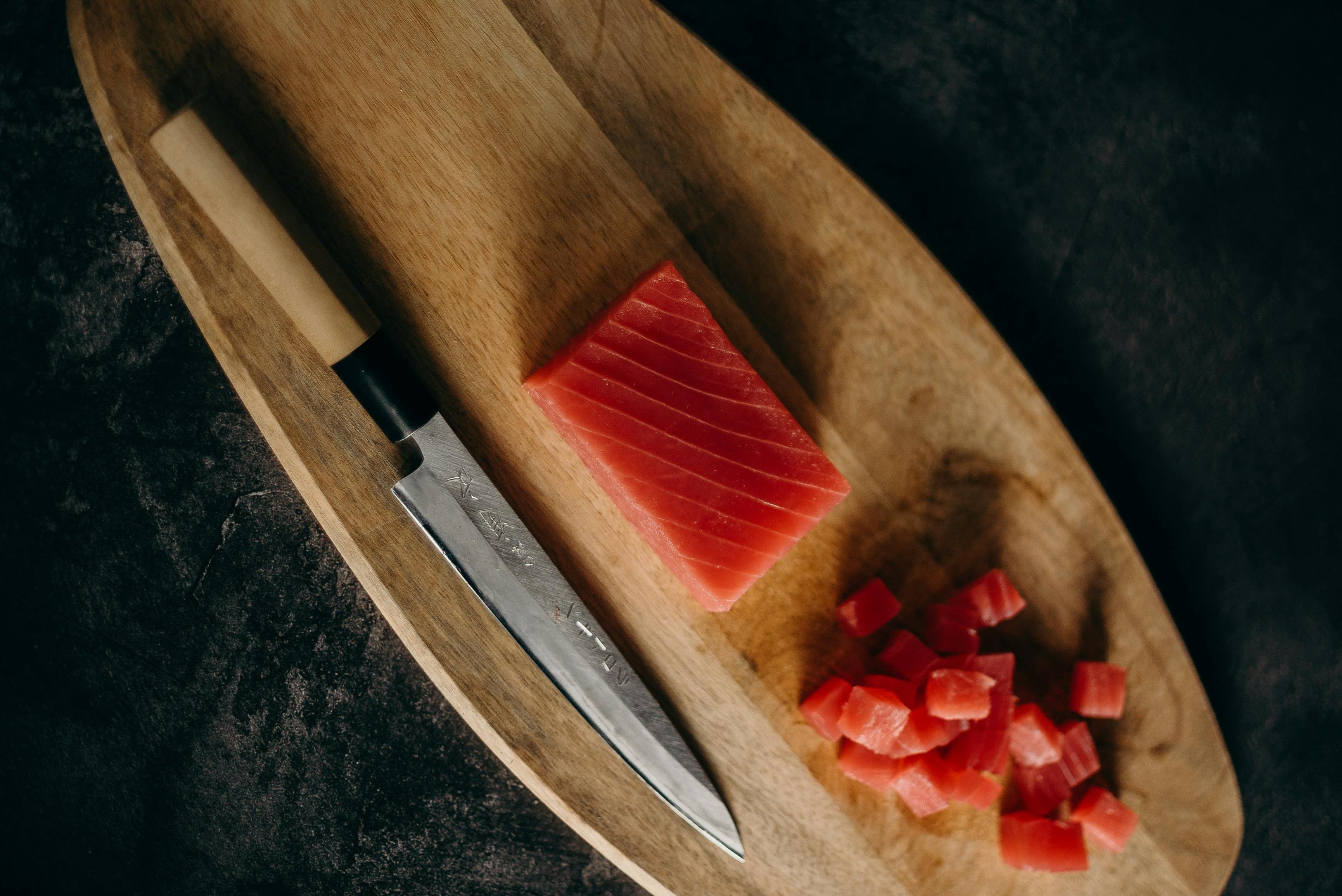
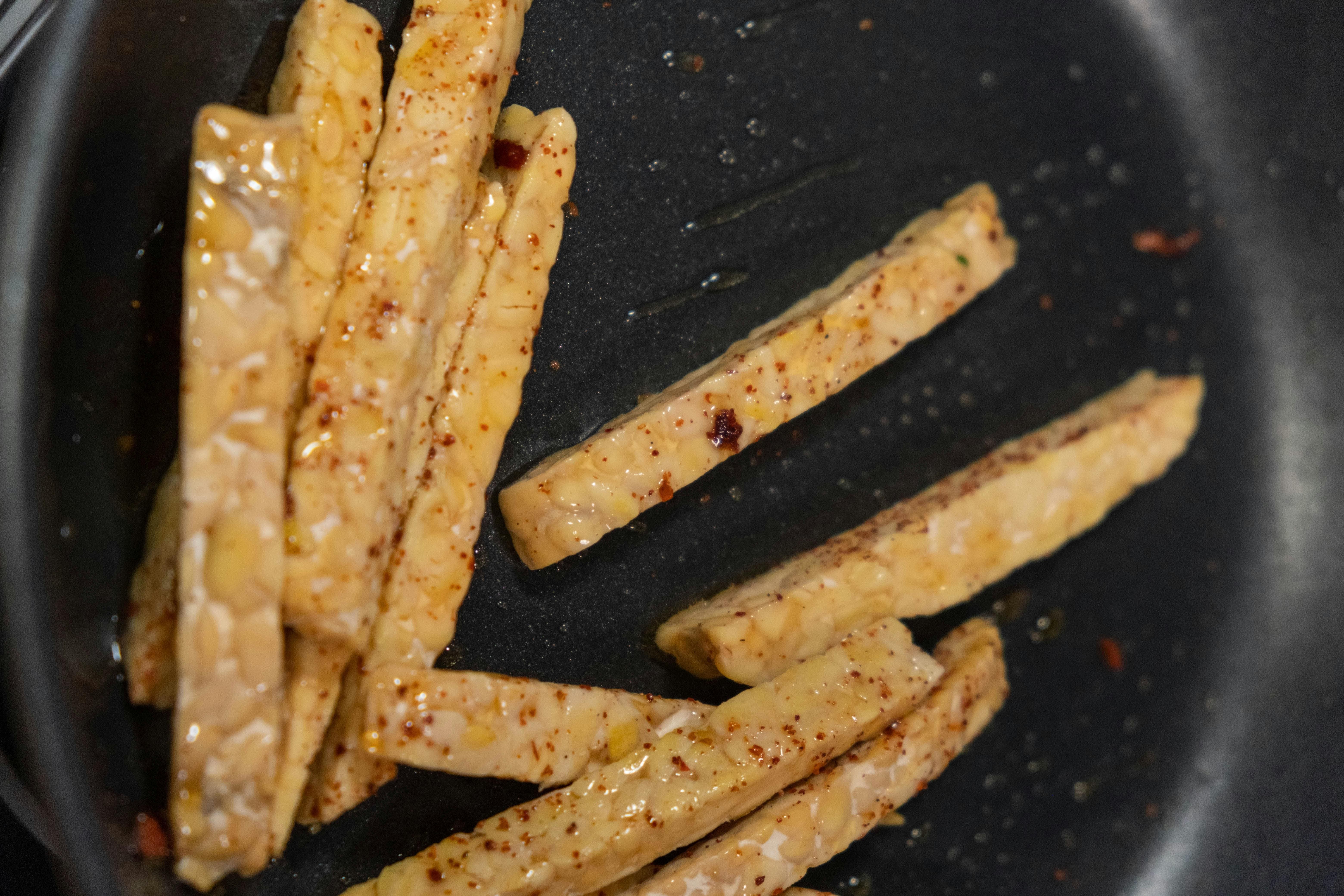
How To Incorporate More Lean Proteins Into Your Diet
Incorporating more lean proteins into your diet doesn't have to feel like a chore. You can easily up your protein game with a mix of planning and creativity.
Here's how:
- Make Breakfast Protein-Rich: Start your day strong with high-protein foods like egg whites in your omelet or Greek yogurt in your smoothies. It's a simple swap that can increase your protein intake right from the morning.
- Snack Smart: Choose snacks that are satisfying and packed with protein. A half cup of cottage cheese, a handful of edamame, or some sliced turkey breast can keep you fueled between meals.
- Lean on Legumes: Incorporate lentils and other legumes into your meals. They're fantastic in soups or as a salad topper, providing protein and fiber, which is great for digestion and satiety.
- Pick the Right Cuts: When it comes to meat, opt for lean cuts like skinless chicken breast, sirloin, or tenderloin. These selections offer the protein you need without the high fat content of other cuts.
- Opt for a Meal Delivery Service: If you're looking for an effortless way to ensure you get your lean proteins, consider a meal delivery service like Green Chef. Our menu features over 80+ options each week without the hassle of meal planning or ingredient prepping. Our chef-curated recipes are designed to be nutritious and easy to prepare, making it simpler than ever to incorporate lean proteins into your diet.
- Grill, Bake, or Steam: Cooking methods matter. Grilling, baking, or steaming your proteins can keep them leaner than frying. Try these methods to keep the nutritional integrity of your proteins intact.
- Pair With Whole Grains: Complement your lean proteins with whole grains like quinoa or brown rice. This winning combo can help balance your meal, providing both essential amino acids and healthy carbs for energy.
- Consult a Nutritionist: If you're unsure how to adjust your diet, a registered dietitian can offer personalized advice tailored to your health goals, ensuring you get the right balance of lean proteins and other nutrients.
- Educate Yourself on Portions: Understanding portion sizes can help you consume lean proteins in a way that supports weight loss and muscle building without overdoing it. A good rule of thumb is to aim for a portion of protein that's about the size of your palm.
Navigating the Pitfalls: What To Keep in Mind
While lean proteins are a stellar addition to any diet, there are a few key points to remember to truly reap their benefits.
Here’s what to keep in mind as you boost your lean protein intake:
Quality Over Quantity
When possible, choose high-quality sources of lean protein. This means looking for grass-fed, organic, or sustainably sourced options that are better for your body and the environment.
Be Cautious With Protein Powders
Protein powders can be a great supplement to your diet—especially for muscle building and recovery—but choosing powders with minimal added sugars and artificial ingredients is important. Also, remember that getting protein from whole food sources provides additional nutrients that powders may lack.
Mind the Marinades
When preparing lean proteins, the marinades and sauces used can significantly increase the dish's calorie and fat content. Opt for light, heart-healthy marinades based on citrus, herbs, and spices rather than heavy, creamy sauces or dressings loaded with saturated fats.
Keep an Eye on Accompaniments
It's easy to focus solely on the lean protein component of your meal and forget about what you're pairing it with. High-fat sides or carb-dense dishes can offset the benefits of choosing a lean protein. Instead, complement your protein with sides like steamed veggies, whole grains, or fresh salads to maintain the balance of your meal.
